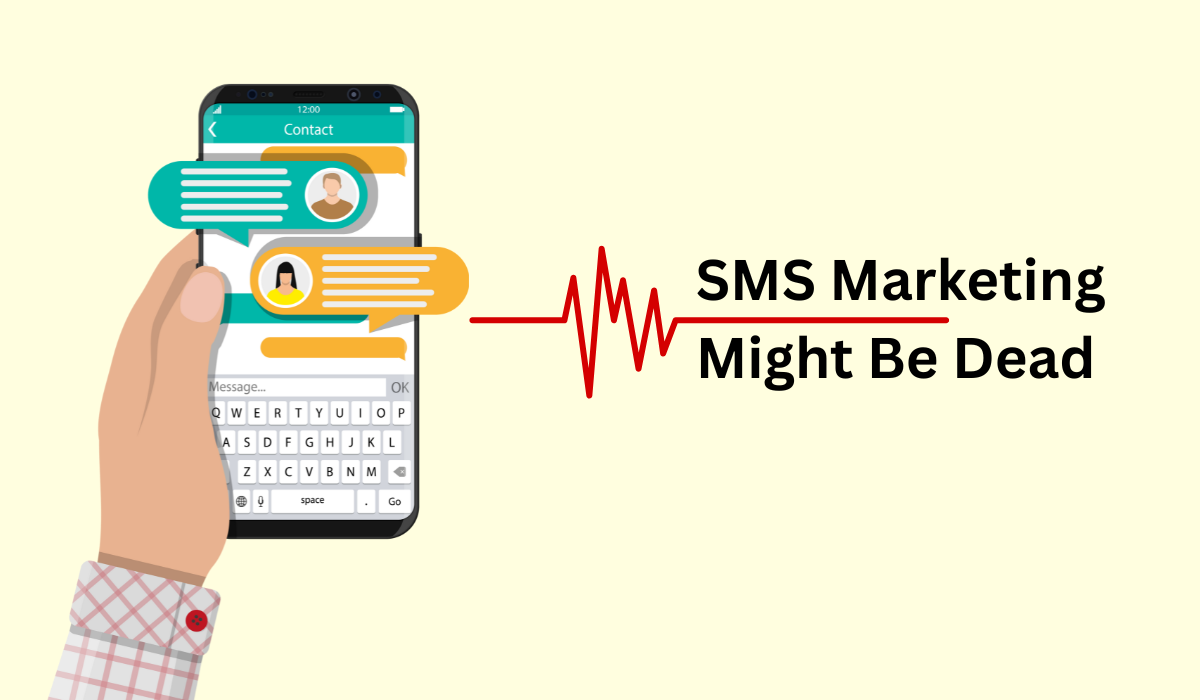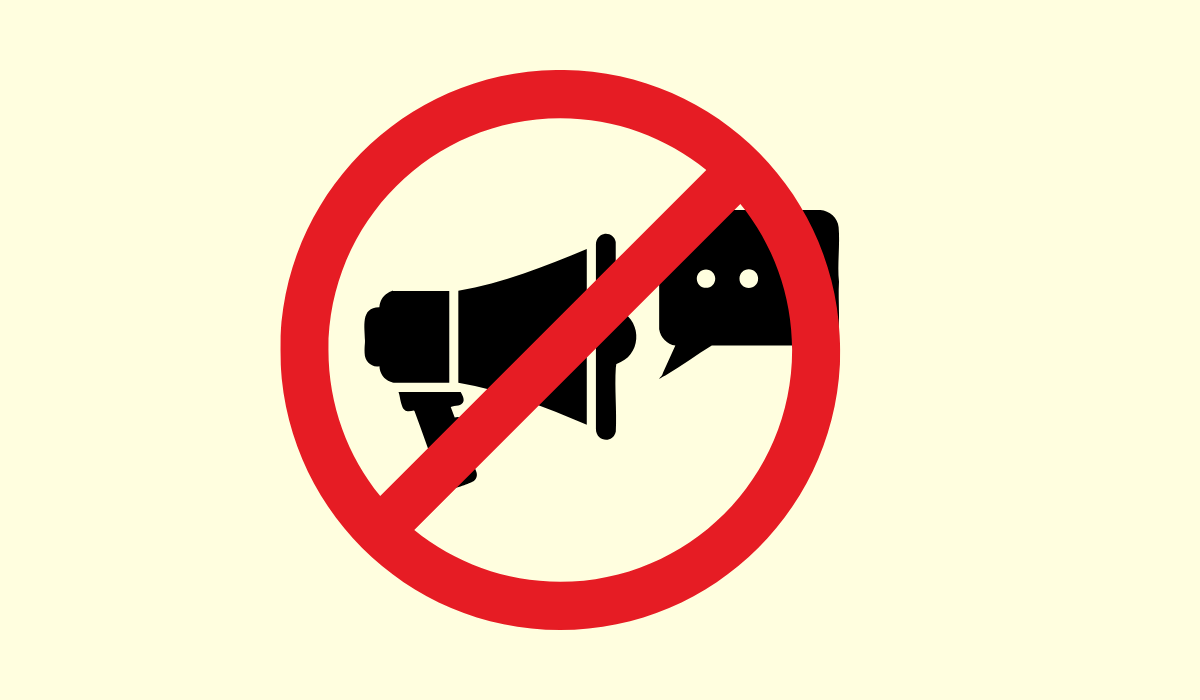Three months ago, your SMS campaigns hit 94% deliverability. Last month, 87%. This month, 81%.
How AI is Revolutionizing SMS Marketing Automation

In this article, we will explore the role of AI in SMS marketing automation, the benefits it brings, successful case studies, best practices for implementation, tools and software available, as well as the challenges and limitations faced.
Additionally, we will discuss future trends in AI and SMS marketing automation, and conclude with the immense potential this technology holds for businesses.
The Role of AI in SMS Marketing Automation
AI has revolutionized the way businesses approach SMS marketing automation. Traditionally, marketers relied on manual segmentation and message creation, which was time-consuming and labor-intensive. With AI-powered automation, businesses can now analyze vast amounts of customer data to create highly personalized SMS campaigns. AI algorithms can automatically segment customers based on their behavior, preferences, and demographics, allowing businesses to send targeted messages that resonate with their audience.
One of the key advantages of AI in SMS marketing automation is the ability to deliver personalized content at scale. By leveraging AI-powered personalization, businesses can send highly relevant and tailored messages to each individual customer. This level of personalization not only increases customer engagement but also enhances the overall customer experience. AI algorithms can analyze customer data in real-time, enabling businesses to send timely and contextually relevant messages that capture the attention of their audience.
Benefits of AI-Powered Personalization in SMS Marketing
AI-powered personalization brings numerous benefits to SMS marketing automation. Firstly, it allows businesses to deliver highly targeted messages, leading to increased conversion rates and higher ROI. By analyzing customer data and behavior patterns, AI algorithms can identify the right message to be sent to the right customer at the right time. This level of personalization greatly improves the chances of customers taking the desired action, whether it is making a purchase, signing up for a service, or attending an event.
Secondly, AI-powered personalization enables businesses to build stronger relationships with their customers. By sending personalized messages that resonate with the individual customer’s needs and preferences, businesses can foster a sense of trust and loyalty. Customers are more likely to engage with brands that understand their unique requirements and offer tailored solutions. AI algorithms can continuously learn and adapt to customer preferences, ensuring that the messages sent are always relevant and valuable.
Lastly, AI-powered personalization in SMS marketing automation helps businesses optimize their marketing campaigns. By analyzing the performance of different messages and customer segments, AI algorithms can identify patterns and trends that lead to better campaign outcomes. This data-driven approach allows businesses to make data-backed decisions and refine their SMS marketing strategies for maximum impact. AI algorithms can also automate the process of A/B testing, enabling businesses to experiment with different message variations and optimize their campaigns in real-time.
How AI is Revolutionizing SMS Marketing Automation
AI is revolutionizing SMS marketing automation by providing businesses with advanced tools and capabilities. One of the key ways AI is transforming SMS marketing automation is through natural language processing (NLP) and sentiment analysis. NLP allows AI algorithms to understand and interpret the meaning behind customer messages, enabling businesses to respond intelligently and appropriately. Sentiment analysis, on the other hand, helps businesses gauge customer sentiment towards their brand, products, or services, allowing them to tailor their SMS marketing efforts accordingly.
Another way AI is revolutionizing SMS marketing automation is through predictive analytics. AI algorithms can analyze historical customer data to predict future behavior and preferences. This allows businesses to anticipate customer needs and proactively send relevant messages. For example, an AI algorithm can predict when a customer is likely to run out of a product and send a reminder SMS with a special offer.
Furthermore, AI-powered chatbots are transforming SMS marketing automation by providing instant and personalized customer support. Chatbots can handle a wide range of customer queries, freeing up human agents to focus on more complex issues. AI-powered chatbots can understand natural language queries, provide relevant information, and even complete transactions, all within an SMS conversation.
Case Studies of Successful AI-Powered SMS Marketing Campaigns
Several businesses have successfully utilized AI in their SMS marketing campaigns to achieve impressive results. One such example is a clothing retailer that used AI-powered personalization to segment their customers based on their purchase history and preferences. By sending tailored messages with product recommendations, they saw a significant increase in customer engagement and sales. The AI algorithms continuously learned from customer responses, enabling the retailer to further refine their SMS marketing strategy.
Another case study involves a food delivery service that leveraged AI-powered chatbots to handle customer queries and provide personalized recommendations. By analyzing customer preferences and order history, the chatbots were able to suggest relevant dishes and promotions, leading to higher customer satisfaction and increased order frequency. The AI-powered chatbots also reduced response times, ensuring that customers received prompt and helpful assistance.
These case studies highlight the immense potential of AI-powered SMS marketing automation. By embracing AI technologies, businesses can achieve higher customer engagement, increased sales, and improved customer satisfaction.
Best Practices for Implementing AI in SMS Marketing Automation
Implementing AI in SMS marketing automation requires careful planning and execution. Here are some best practices to consider:
- Start with a solid data foundation: AI algorithms rely on quality data to provide accurate insights and personalization. Ensure that your customer data is clean, organized, and up-to-date.
- Set clear goals and objectives: Define what you want to achieve with AI-powered SMS marketing automation. Whether it is increasing sales, improving customer retention, or enhancing the customer experience, having clear goals will guide your implementation strategy.
- Choose the right AI tools and software: There are numerous AI tools and software available for SMS marketing automation. Consider your specific requirements and choose a solution that aligns with your goals and budget.
- Test and iterate: Implementing AI in SMS marketing automation is an iterative process. Continuously test and refine your campaigns based on performance data. AI algorithms can learn and adapt over time, so make use of this capability to optimize your results.
- Monitor and measure results: Regularly monitor the performance of your AI-powered SMS marketing campaigns. Track key metrics such as open rates, click-through rates, conversion rates, and customer feedback. Use this data to make data-driven decisions and improve your campaigns.
Tools and Software for AI-Powered SMS Marketing Automation
There are several tools and software available to help businesses implement AI-powered SMS marketing automation. Some popular options include:
- Twilio: Twilio offers a wide range of AI-powered features for SMS marketing automation, including chatbots, sentiment analysis, and natural language processing.
- Salesforce Marketing Cloud: Salesforce Marketing Cloud provides AI-powered personalization capabilities, allowing businesses to create highly targeted and relevant SMS campaigns.
- HubSpot: HubSpot offers AI-powered chatbots and predictive analytics for SMS marketing automation. Their platform integrates seamlessly with other marketing tools, providing a comprehensive solution for businesses.
- ManyChat: ManyChat specializes in AI-powered chatbots for SMS marketing automation. Their platform is user-friendly and offers robust features for customer engagement and support.
These tools and software can help businesses leverage the power of AI in their SMS marketing automation efforts, enabling them to deliver personalized messages and achieve better campaign results.
Challenges and Limitations of AI in SMS Marketing Automation
While AI brings many benefits to SMS marketing automation, there are also some challenges and limitations to be aware of. One challenge is the need for quality data. AI algorithms require clean and accurate data to provide meaningful insights and personalization. If businesses have incomplete or outdated data, the effectiveness of AI-powered SMS marketing automation may be compromised.
Another challenge is the potential for algorithm bias. AI algorithms learn from historical data, which can sometimes contain biases. If these biases are not addressed, there is a risk of perpetuating discriminatory or unfair practices in SMS marketing campaigns. It is crucial for businesses to regularly review and audit their AI algorithms to ensure fairness and ethical AI practices.
Additionally, AI-powered SMS marketing automation may face technical limitations. For example, AI algorithms may struggle to understand complex or ambiguous customer queries, leading to inaccurate responses. Businesses need to carefully design their AI systems and provide clear prompts and instructions to minimize these limitations.
Future Trends in AI and SMS Marketing Automation
The future of AI and SMS marketing automation looks promising. As AI technologies continue to advance, we can expect to see further improvements in personalization and customer engagement. Here are some future trends to watch out for:
- Hyper-personalization: AI algorithms will become even more sophisticated in understanding customer preferences and behavior. SMS marketing campaigns will deliver highly personalized messages tailored to individual customers’ unique needs and interests.
- Voice-enabled SMS: With the rise of voice assistants like Siri and Alexa, we can anticipate voice-enabled SMS marketing campaigns. Customers will be able to interact with businesses through voice commands, making SMS marketing even more convenient and accessible.
- AI-powered sentiment analysis: Sentiment analysis will become more accurate and nuanced, allowing businesses to gauge customer sentiment in real-time. This will enable them to respond promptly and appropriately to customer feedback and concerns.
- Integration with other AI technologies: AI-powered SMS marketing automation will integrate seamlessly with other AI technologies, such as machine learning and natural language processing. This integration will further enhance the capabilities and effectiveness of SMS marketing campaigns.
Overall, the future of AI and SMS marketing automation holds immense potential for businesses to connect with their customers in a personalized and meaningful way.
More Articles


SMS Marketing, SMS, sms carrier, tcpa
Why SMS Marketing Might Be Dead in 5 Years—If Carriers Keep This Up
For over a decade, SMS marketing has been the bedrock of mobile engagement. With open rates often cited above 95% and near-universal device compatibility, it seemed indestructible. Yet today, industry insiders are sounding the...

SMS, sms carrier, tcpa, tcpa restrictions
Are SMS Compliance Rules Silencing Free Speech in Marketing?
Few marketing channels are as tightly controlled — yet so widely used — as SMS. Behind every promotional text lies an invisible gauntlet of carrier rules, algorithmic filters, and registration barriers. Most recipients never...